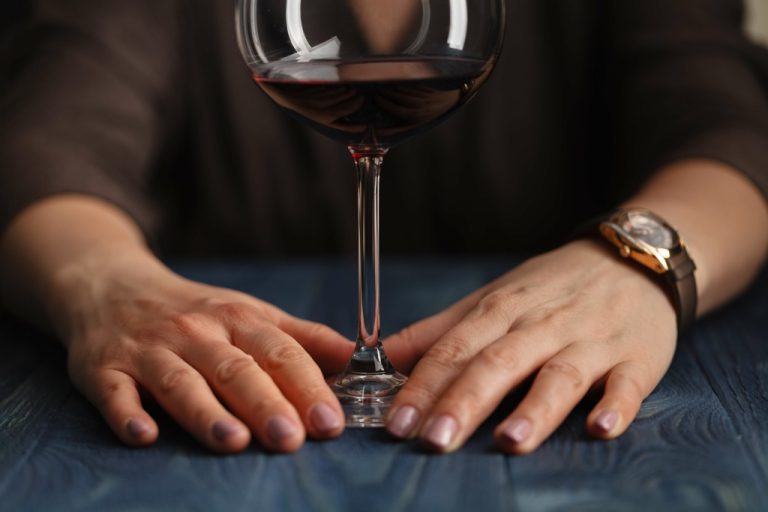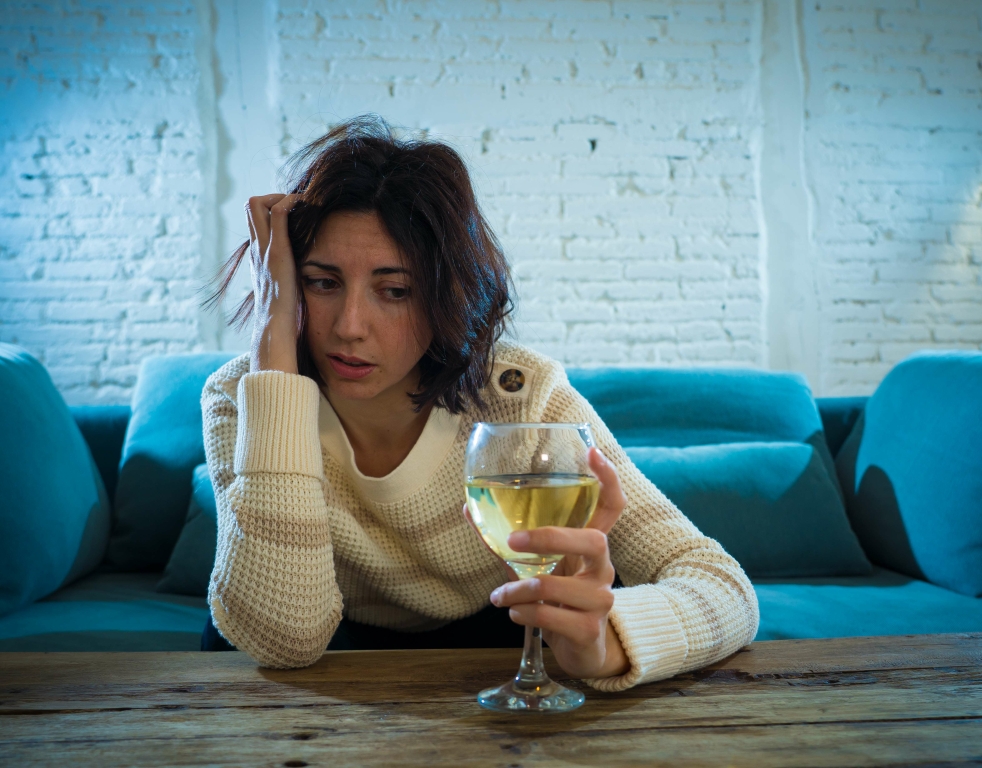Long-established research shows the body metabolizes alcohol differently at different times of day. Studies have shown the body is more effective at processing alcohol at certain times of the day than others. While the withdrawal period can be frustrating, this temporary hurdle shouldn’t deter you from your recovery journey.
New Sleep Mask Benefit Unlocked: Improved Brain Function
Stopping alcohol is a smart health decision but can cause short-term symptoms during detox. One of these symptoms is insomnia, difficulty getting to can’t sleep without alcohol sleep or staying asleep. While alcohol withdrawal insomnia can be disruptive, you can do many things to offset it and get a full night’s sleep.
- One of these symptoms is insomnia, difficulty getting to sleep or staying asleep.
- It is recommended that alcohol not be consumed in the last four hours before bedtime.
The Benefits of Mindfulness and Relaxation Techniques

Research has consistently demonstrated that excessive alcohol intake is correlated with poor sleep quality and can lead to or exacerbate a variety of sleep disorders. Studies show that alcohol affects the homeostatic drive that regulates sleep, disrupting the onset and maintenance of sleep and leading to issues such as insomnia. For many professionals, stress and pressure is a common part of the working environment.

What is insomnia?
Others were gathered from a variety of reputable books and studies on the subject of nutritional repair for alcoholism and insomnia. Since insomnia is merely a symptom of biochemical imbalance caused by prolonged drinking and/or withdrawal, there is no one-size-fits-all approach. Glutamate, a stress chemical that is suppressed during https://ecosoberhouse.com/ alcohol intoxication, rebounds to unnaturally high levels during withdrawal. I know this because I’m now an average person who has occasional insomnia. Fortunately, the remedies I’m about to share with you still work for me to this day. Alcohol can cause insomnia — or sleep problems that look like insomnia — in a few different ways.
Alcohol Withdrawal and Its Impact on Sleep
More research is needed into the best sleep aids for those with alcohol abuse problems, though. A 2019 study found eight weeks of CBT-I reduced insomnia in veterans recovering from alcohol dependence. In the pursuit of alleviating insomnia post alcohol detox, practical tips go a long way in helping one combat sleeplessness. If you’re in recovery and having sleep problem, it’s important to discuss the situation with your doctor. There are medications, behavioral therapies, and other approaches your doctor can recommend.
Changing your relationship with alcohol
Detox and rehab can take place in inpatient or outpatient settings. Outpatient treatment is best for mild alcohol addictions, and it allows patients to attend doctor and therapy visits while still living at home. Inpatient treatment is best for moderate to severe alcohol addictions or people who have relapsed. Inpatient treatment involves living on-site at the detox or rehab facility, an approach that keeps patients in a healing environment and allows for better monitoring and treatment. As with any sleep aid, natural or otherwise, it’s crucial to use them responsibly and as part of a broader approach to improving sleep hygiene.

If you think your drinking may be impeding your sleep or overall quality of life, speaking to your doctor or therapist is a great first step. Your deep restful sleep tends to be more prevalent in the first few hours but decreases during the second half. Your insurance plan may cover some or all of the cost of treatment for drug or alcohol addiction. Our online health insurance verification system will estimate your in-network and out-of-network deductibles, coinsurance percentages and out-of-pocket maximums.
Remedy #4: Sleep Support
Stopping the use of alcohol because it is causing problems in your life takes courage and commitment. There are both psychological and physical hurdles to overcome when seeking sobriety. The desire for alcohol is frequently the result of boredom, therefore if the mind is engaged in something else, you’re less likely to reach for that bottle.